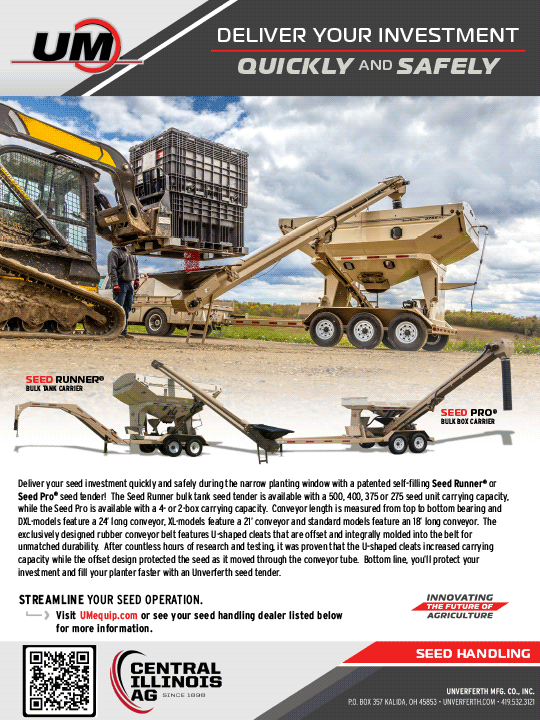|
Insurify data journalist Matt Brannon said estimates could
change depending on which tariffs are actually imposed. He said
the report considered Mexico and Canada tariffs, steel and
aluminum tariffs, and tariffs which are expected to take effect
on cars and auto parts.
“Before any tariffs had been announced, we expected car
insurance prices to go up 5% for the average driver. Now, with
all of these three sets of tariffs applied by the end of the
year, it would be 19% higher,” Brannon told The Center Square.
Brannon said with the tariffs in effect, the increase in
Illinois would be 18% instead of 4%.
“Consumers are going to end up paying around $300 roughly more
than they would have if these tariffs never went into effect,”
Brannon said.
Last year in Illinois, car insurance rates jumped 18%, bringing
the average annual full coverage cost to $1,963.
According to Insurify, drivers in neighboring states are paying
less. At $1,654, Indiana auto premiums are 19% lower on average
than rates in Illinois. Iowa, at $1,582, comes in 24% lower than
Illinois and Missouri, despite a 29% surge last year, remains
12% lower.
The report suggests that higher auto insurance rates in Illinois
may be driven by increased claims costs, repair expenses and
industry-wide pricing adjustments. For residents, however, these
rising costs come on top of some of the highest property taxes
in the nation and an economy vulnerable to downturns due to the
state’s heavy financial burdens.
President Donald Trump argued that tariffs would create jobs in
the U.S. and help the nation’s economy.
The president announced at the White House last week that
Hyundai would build a $5.8 billion steel plant in Louisiana.
“Hyundai will be producing steel in America and making its cars
in America. As a result, they’ll not have to pay any tariffs.
You know, there are no tariffs if you make your product in
America,” Trump said.
The facility is expected to produce 2.7 million tons of steel
for Hyundai auto plants in Alabama and Georgia, starting in
2029.
Brannon said tariffs will cause car insurance rates to rise
between now and then.
“In the years in between, insurers still have to pay for the
parts that haven’t yet been moved into the U.S., so they still
face higher costs. They are able to turn around and show
regulators, ‘Hey look, our costs have gone up,’” Brannon said.
Brannon added that U.S. auto parts producers not being tariffed
might also raise prices as if they were being tariffed.
Steve Wilson contributed to this story.
|
|



